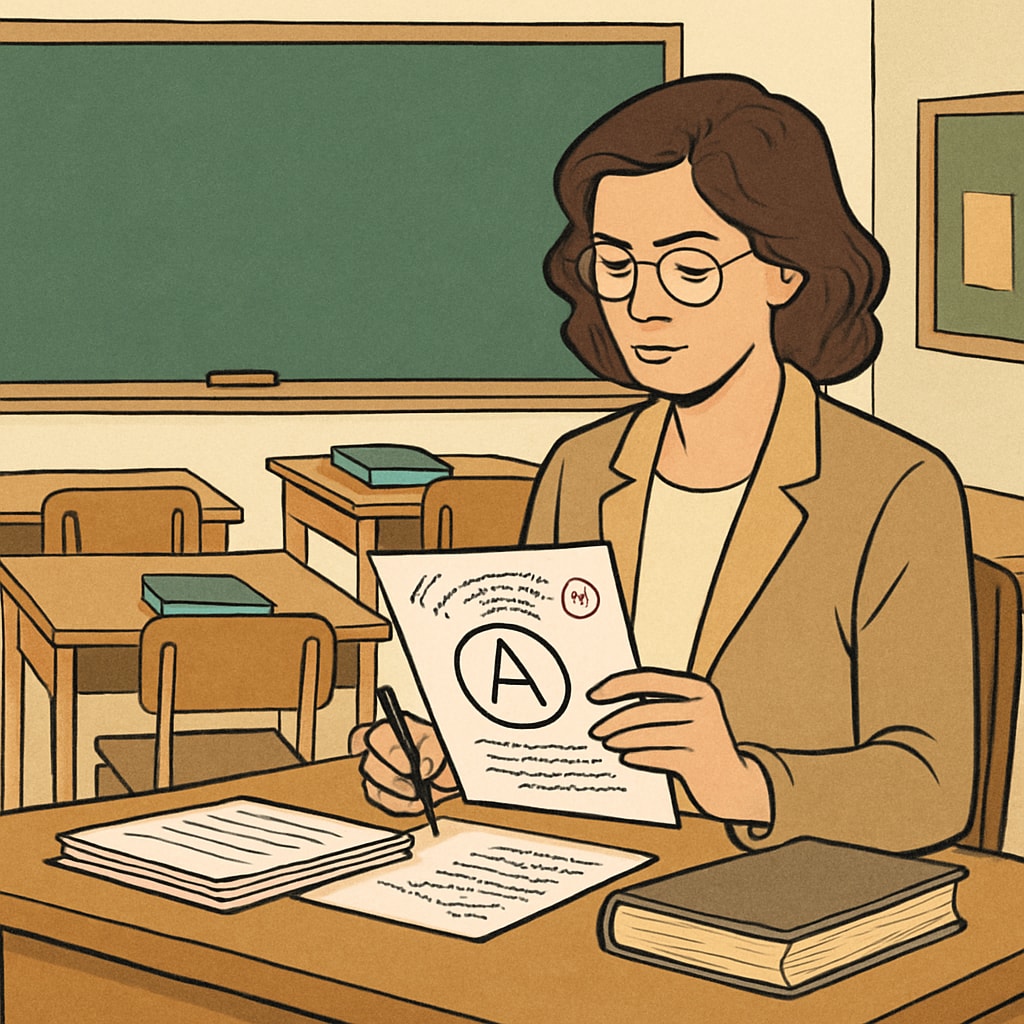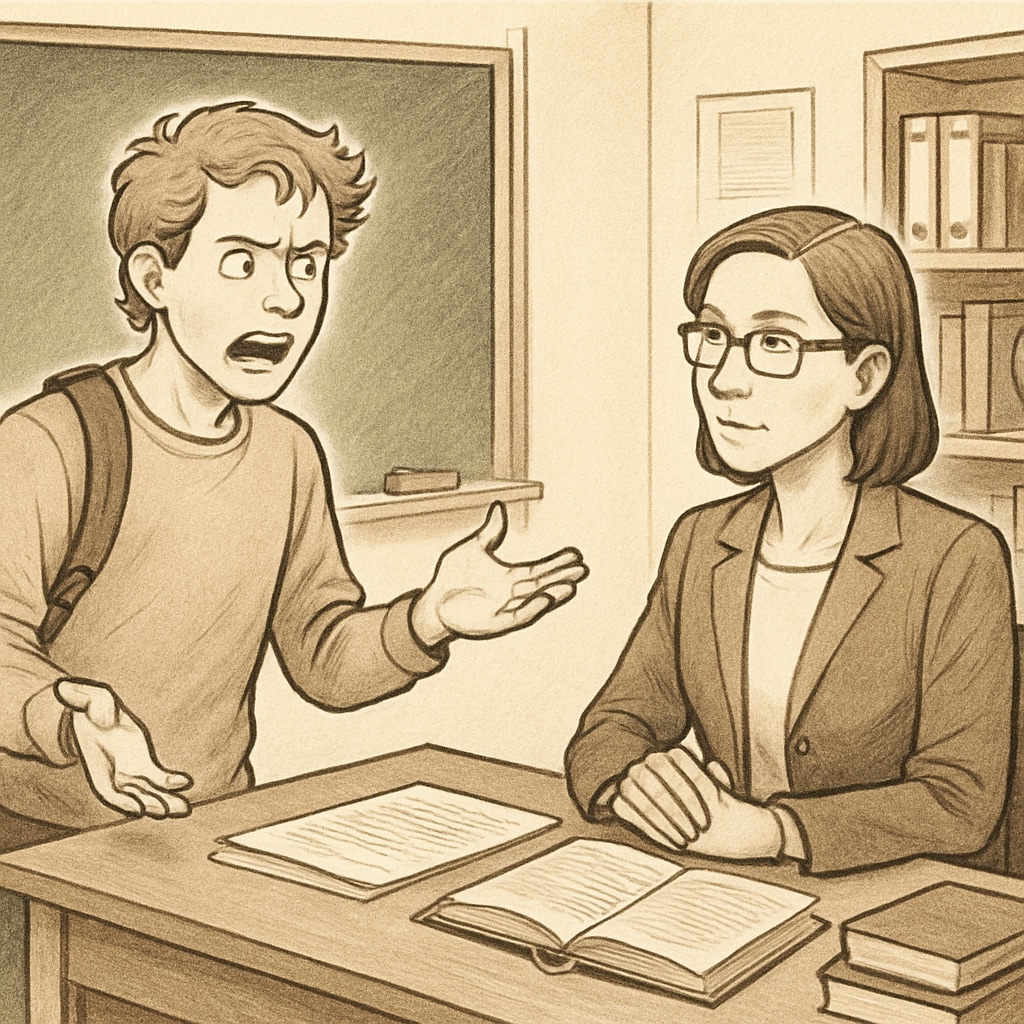The issue of professors wrongly accusing students of plagiarism in K12 education is a serious matter that can have lasting consequences. Academic integrity is a cornerstone of education, but fairness in assessing student work is equally critical. When accusations lack proper evidence or evaluation, students may feel unfairly targeted and their trust in the educational system may deteriorate. This article explores the causes and impacts of plagiarism misjudgment while proposing practical solutions to ensure fair assessment processes.

Understanding Plagiarism Misjudgment in Education
Plagiarism misjudgment often arises from a lack of clear guidelines, insufficient understanding of plagiarism, or the misuse of plagiarism detection tools. For example, automated tools may flag common phrases or widely accepted knowledge as plagiarism, leading to false accusations. Additionally, subjective interpretations by educators can sometimes result in unfair assessments of student work.
The consequences of these errors go beyond immediate academic penalties. Students who are wrongly accused may experience emotional distress, lowered self-confidence, and a damaged reputation. Furthermore, the educational institution’s credibility may also suffer if such cases become frequent.
Key Factors Contributing to Misjudgment
Several factors contribute to plagiarism misjudgment in K12 education:
- Over-reliance on technology: Plagiarism detection software, though useful, is not infallible. Algorithms can misinterpret context, especially in creative or technical writing.
- Lack of teacher training: Educators may not fully understand the nuances of plagiarism or how to differentiate between intentional and unintentional cases.
- Ambiguous policies: Inconsistent or unclear academic integrity guidelines can lead to varied interpretations of what constitutes plagiarism.
Recognizing these factors is the first step toward addressing the issue effectively.

Solutions for Ensuring Fair Evaluation
To prevent plagiarism misjudgment, schools and educators can adopt the following strategies:
- Educate students and teachers: Conduct workshops to teach both students and educators about plagiarism, proper citation methods, and the limitations of detection tools.
- Implement transparent policies: Establish clear and consistent guidelines for academic integrity that leave no room for misinterpretation.
- Use technology responsibly: Combine automated tools with human oversight to ensure accurate evaluations of suspected plagiarism.
- Create an appeals process: Develop a fair mechanism for students to challenge plagiarism accusations and present their case.
By adopting these measures, educational institutions can foster a culture of trust and fairness while upholding academic integrity.
Balancing Academic Integrity and Fairness
While academic integrity is essential to maintaining the quality of education, fairness in judgment is equally important. Misjudging plagiarism not only harms students but also undermines the values that schools strive to teach. Educators must prioritize balance by combining ethical principles with objective evaluations.
Ultimately, addressing plagiarism misjudgment requires a collaborative effort from administrators, teachers, students, and even parents. Open communication, transparent policies, and continuous education are vital to achieving this goal.
In conclusion: Establishing a fair and reliable assessment system in K12 education is not just about preventing plagiarism but also about protecting the trust and confidence of students. By learning from past mistakes and implementing thoughtful solutions, schools can ensure that academic integrity and fairness coexist harmoniously.


